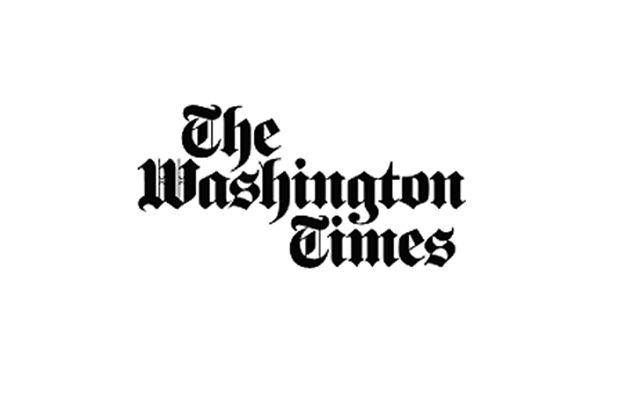The statement followed talks involving the foreign ministers of the three countries and Hollande in the French capital two days after Russia and the United States hammered out a deal on chemical weapons that could avert US military action.
"The idea is to stick to a firm line," said an official at Hollande's office after the talks with US Secretary of State John Kerry, British Foreign Secretary William Hague and French counterpart Laurent Fabius.
"They've agreed to seek a strong and rubust resolution that sets precise and binding deadlines with a calendar," said the official, who declined to be named.
Overcoming bitter differences, Kerry and Russian Foreign Minister Sergei Lavrov struck a deal in Geneva on Saturday on removal of President Bashar al-Assad's chemical arsenal, in a move that may avert US military action.
After months in which Moscow and Washington failed to agree a line on Syria, Kerry and Lavrov demanded Assad account for his secret stockpile within a week and let international inspectors eliminate all the weapons by the middle of next year.
Under the terms of the Russian-US agreement, the UN Security Council will oversee the process.
The agreement states that a Security Council resolution should allow for regular assessments of Syria's behaviour and "in the event of non-compliance ... the UN Security Council should impose measures under Chapter VII of the UN Charter".
Chapter VII can include force but can be limited to other kinds of sanction. When Kerry said the council "must" impose measures under Chapter VII, Lavrov interrupted to point out that the agreed text says only it "should" impose penalties.
The French official said the goal was to get quick agreement on a resolution at UN headquarters. "We must make progress in New York," said the official, adding that the hope was to come up with something that could be put to a vote before the end of this week.
Hollande meets US, British ministers ahead of UN Syria report release
French President Francois Hollande met the foreign ministers of the United States and Britain on Monday to discuss a UN resolution on Syria, hours before the release of a key UN report investigating last month's chemical attack.
France is pushing for a tough resolution to enshrine last week's agreement between the US and Russia on the dismantling of Syria's chemical weapons arsenal.
The deal has averted the threat of US and French missile strikes against President Bashar al-Assad's regime - at least for now.
Washington and Paris have said they are keeping the military option on the table, but have also said they prefer a diplomatic solution.
US Secretary of State John Kerry arrived in Paris from Israel, where he promoted the deal he negotiated with Russia's Sergei Lavrov as a chance to "strip all of the chemical weapons from Syria."
Kerry and his French and British counterparts, Laurent Fabius and William Hague, were to give a press conference on Monday.
The deal announced on Saturday in Geneva has been heralded as a success for Russian diplomacy.
The US and Russia agreed that Syria must declare its stock of chemical weapons by the end of this week, and give up that arsenal by mid-2014. The deal would be enforced by a UN resolution.
France, which was excluded from the Geneva talks, has reacted cautiously to the agreement.
In a television interview on Sunday, Hollande, who has been more hawkish on Syria than US President Barack Obama, described the agreement as "an important stage" but "not the arrival point."
"We must make sure there is the possibility of punitive action if the agreement is not applied," he said.
France is hoping that a UN report into the August 21 chemical attack, due to be released later Monday in New York, will boost the case for a tough UN resolution.
The US and its allies have already blamed the attack on al-Assad's forces. The Syrian leader and Russia have blamed the rebels.
UN Secretary General Ban Ki-moon said last week he expected the report compiled by UN investigators to produce "overwhelming" evidence that chemical weapons were used.
Ban is to first brief the UN Security Council later Monday, and then the General Assembly on the findings of the chemical weapons inspectors.
Evidence of the type of device used to launch the poisonous gas that Washington says killed more than 1,400 people could give clues as to who carried it out.



_jpg/250px-ElbeDay1945_(NARA_ww2-121).jpg)








